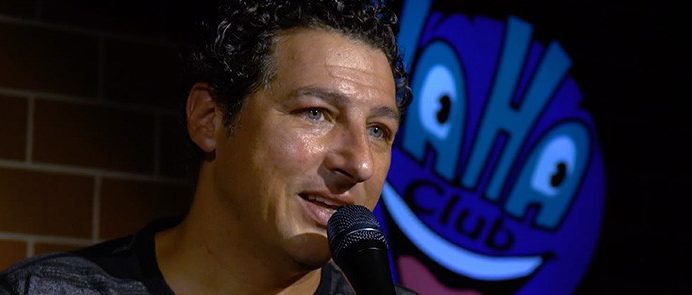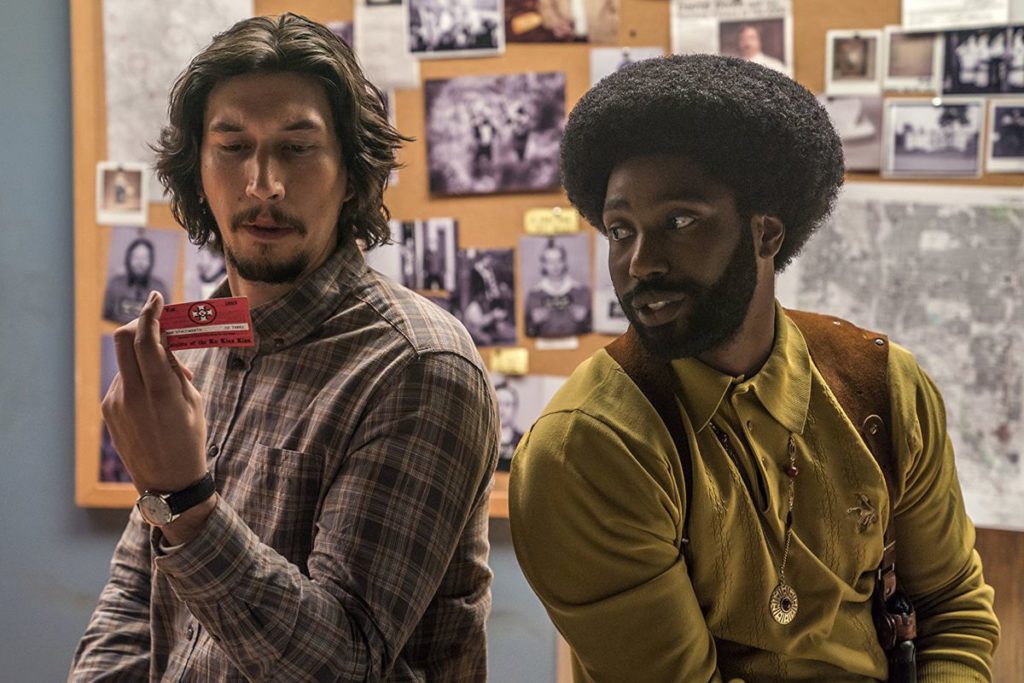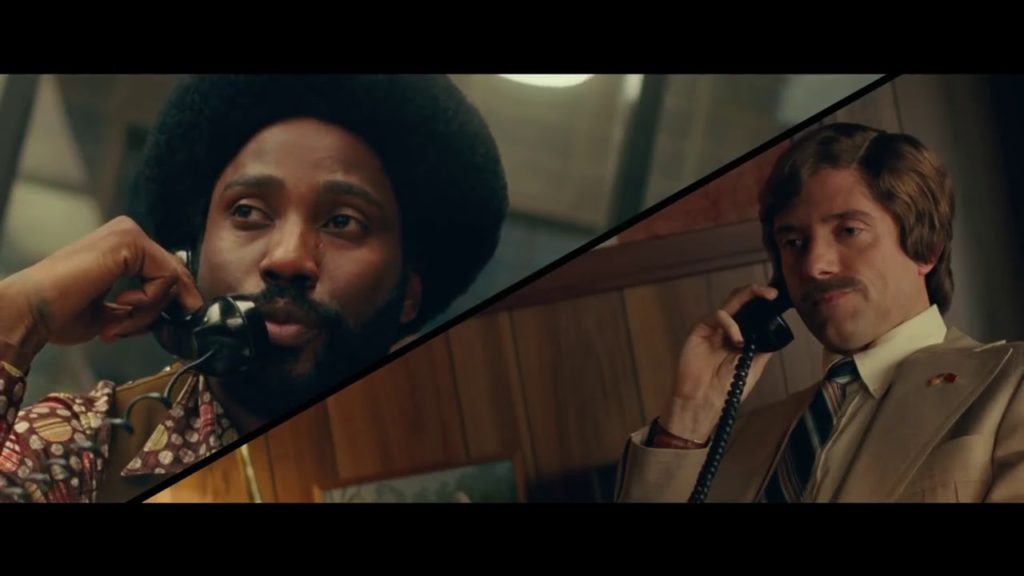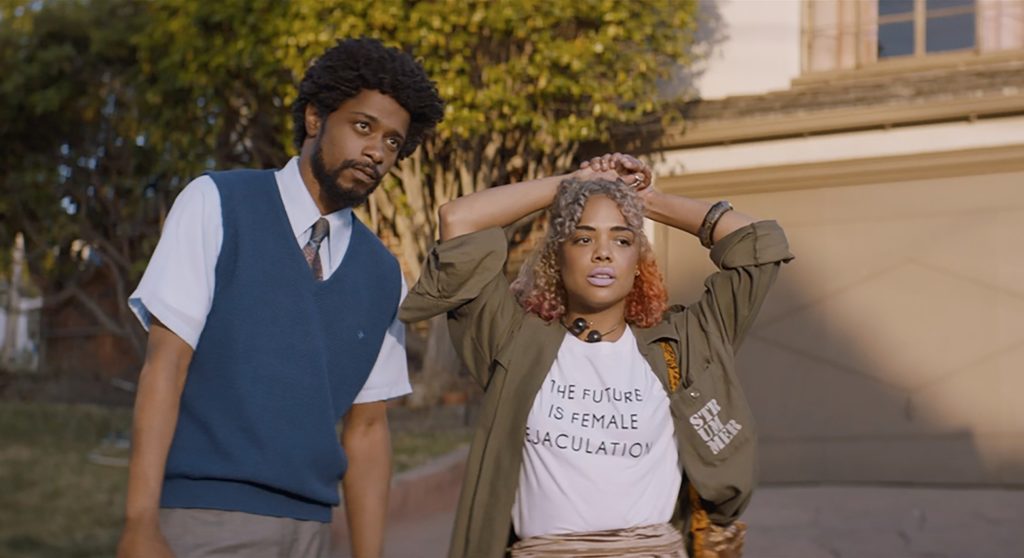
The Mueller Report has brought former White Counsel Don McGahn into semi-celebrity. McGahn was a major source for the Mueller Report, which portrays McGahn as one of the Trump Administration officials who, by disobeying and thwarting Trump’s orders, saved Trump from criminal charges of obstruction of justice. McGahn was the VILLAIN in last year’s
gripping documentary Dark Money, an expose of our new political environment, with unlimited secret money unleashed by the Supreme Court’s Citizens United ruling.
The Mueller Report recounts an episode where Trump advised a note-taking McGahn that Trump’s lawyers never take notes; McGahn memorably replied “But I’m a real lawyer.” But McGahn worked his way up as a Republican Party operative, and was a GOP appointee to the Federal Elections Commission (when he wore longish preppy hair). In one particularly nasty segment of Dark Money, we witness Commissioner McGahn unashamedly grinding the FEC’s gears of enforcement to a stop. After the FEC, McGahn went on to serve as the Trump White House Counsel, with major responsibility for the Supreme Court nomination of Brett Kavanagh.
Dark Money’s writer-director Kimberly Reed takes us to her native Montana as conservative (but independent) Republican legislators find themselves deluged by massive and monstrous attacks from some even more conservative out-of-state sources. Intrepid small-town reporter John S. Adams and the understaffed state regulators follow the money and try to hunt down who is pulling the strings.
As the mystery unfolds, Dark Money also takes us to Wisconsin, where dark money has assaulted an unexpected branch of government. And we go to Washington, DC, to the Federal Elections Commission, where Ann Ravel, the Obama-appointed chair of the FEC, has resigned in disgust after Republican commissioners have blocked all enforcement of federal campaign finance regulation. (Disclosure: I have worked with Silicon Valley native Ravel in my day job.)
Here are some of Dark Money’s most disturbing revelations:
- While it’s bad enough that we don’t know the extent of wealthy Americans like the Koch Brothers trying to buy elections, neither do we know about the secret election participation of FOREIGN players.
- Dark Money sources are not stopping at trying to buy legislators and governors, but are also trying to take over state supreme courts!
And just when we need MORE scrutiny of the attempts to buy the legislative and judicial branches of state governments, we are witnessing the death of statehouse journalism.
Dark Money keeps us on the edges of our seats throughout and culminates in a real-life courtroom drama
I attended the sold-out Bay Area premiere of Dark Money, co-sponsored by Silicon Valley’s Cinema Club and by Santa Clara County. Both Ann Ravel and John S. Adams appeared at the post-screening Q&A. You can stream Dark Money from Amazon (free with Prime), iTunes, Vudu, YouTube and Google Play.










